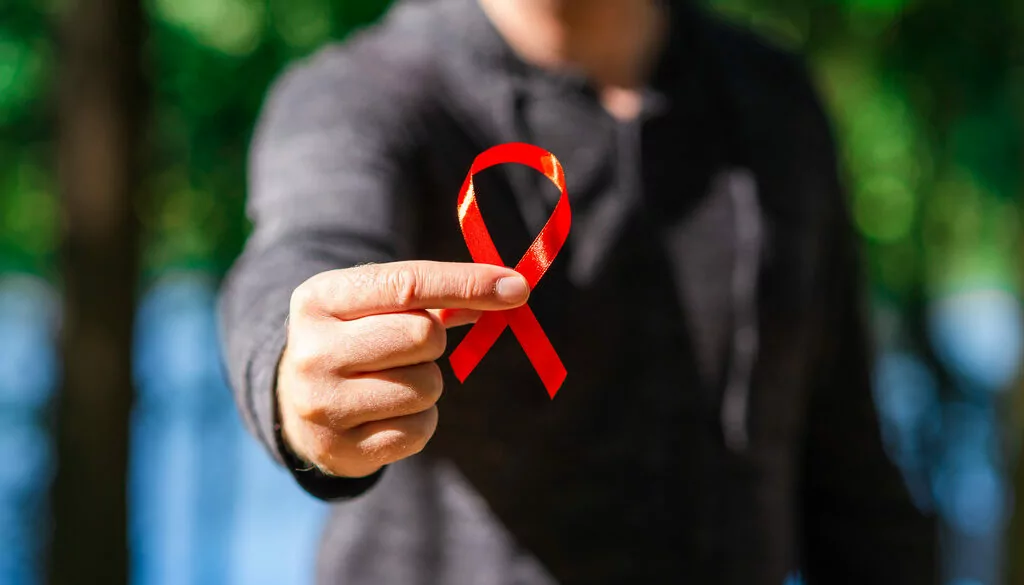The Tripura High Court has directed the Tripura State AIDS Control Society (TSACS) to submit updated HIV/AIDS statistics by February 20. The court’s order comes as part of ongoing efforts to evaluate and improve the state’s response to the HIV/AIDS crisis, particularly among the youth. This directive underscores the importance of accurate data in shaping effective health policies and interventions.
In its order, the court emphasized that timely and accurate information is critical for assessing the impact of current prevention and treatment programs. The data will serve as a key tool in understanding the extent of HIV/AIDS in the state and will help identify any gaps in the existing public health measures. The state government and health authorities are keen on using the data to make informed decisions on how to enhance awareness campaigns, prevention methods, and treatment options.
The TSACS, under the National AIDS Control Programme (NACP), has been tasked with the responsibility of controlling the spread of HIV and providing treatment to those affected. The state has been making strides in its efforts to combat the epidemic, but there have been concerns over the need for more detailed data to gauge the success of various programs. The High Court’s intervention seeks to ensure that the most up-to-date figures are available for a comprehensive review of the situation.
As part of its comprehensive efforts, the state has also approved the establishment of new Anti-Retroviral Therapy (ART) centres. ART is a critical component in the treatment of HIV, and expanding access to these centres is seen as a key step in improving the quality of life for those living with the virus. The new ART centres are expected to provide more accessible treatment options, particularly in rural and underserved areas. With this expansion, authorities hope to bring more people into the fold of treatment and care.
The High Court has set February 20 as the deadline for the submission of the updated statistics, with a subsequent review scheduled for that date. This timeline gives the TSACS a clear window to compile and present the necessary data. The court has also instructed the society to ensure that the data reflects the situation accurately, including the number of new cases, the demographic profile of those affected, and the progress made in treatment coverage.
The move by the Tripura High Court reflects the increasing importance of judicial oversight in public health matters. The court’s proactive stance in monitoring the state’s HIV/AIDS response indicates a growing recognition of the need for transparency and accountability in managing public health issues. It also highlights the importance of collaborative efforts between the judiciary, government, and health authorities in addressing complex health challenges.
The role of accurate data in managing HIV/AIDS cannot be overstated. Comprehensive and timely statistics are essential for identifying trends, allocating resources effectively, and targeting interventions where they are most needed. With the court’s intervention, the TSACS will be under pressure to ensure that it provides the most up-to-date and reliable data to guide future efforts in combating the epidemic.
This development comes at a time when the fight against HIV/AIDS continues to face significant challenges in many parts of India. The stigma surrounding HIV, along with a lack of awareness, has made it difficult to reach certain populations with the necessary education and prevention programs. However, with initiatives like the expansion of ART centres and increased focus on data collection, there is hope that the state can make meaningful progress in reducing the prevalence of HIV and improving the quality of life for those affected.


